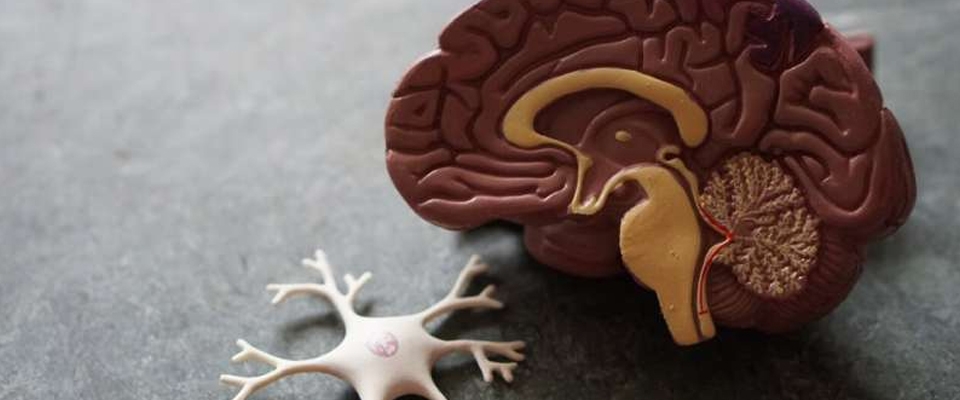
Authors: University College Cork
Source: Medical Xpress
Researchers have discovered the link between the gut microbiota and Alzheimer's disease. For the first time, researchers have found that Alzheimer's symptoms can be transferred to a healthy young organism via the gut microbiota, confirming its role in the disease.
The research was led by Professor Yvonne Nolan, APC Microbiome Ireland, a research centre based at University College Cork (UCC), and the Department of Anatomy and Neuroscience, UCC, with Professor Sandrine Thuret at King's College London and Dr. Annamaria Cattaneo IRCCS Fatebenefratelli, Italy.
The study supports the emergence of the gut microbiome as a key target for investigation in Alzheimer's disease due to its particular susceptibility to lifestyle and environmental influences.
Published in Brain, the study shows that the memory impairments in people with Alzheimer's could be transferred to young animals through transplant of gut microbiota.
Alzheimer's patients had a higher abundance of inflammation-promoting bacteria in faecal samples, and these changes were directly associated with their cognitive status.
Professor Yvonne Nolan said, "The memory tests we investigated rely on the growth of new nerve cells in the hippocampus region of the brain. We saw that animals with gut bacteria from people with Alzheimer's produced fewer new nerve cells and had impaired memory."
"People with Alzheimer's are typically diagnosed at or after the onset of cognitive symptoms, which may be too late, at least for current therapeutic approaches. Understanding the role of gut microbes during prodromal—or early stage- dementia, before the potential onset of symptoms may open avenues for new therapy development, or even individualised intervention," said Professor Nolan.
Alzheimer's is the most common cause of dementia, a general term for memory loss and other cognitive abilities serious enough to interfere with daily life. As our population ages, one in three people born today are likely to develop Alzheimer's. Scientists in UCC are working to develop strategies to promote healthy brain ageing and advance treatments for Alzheimer's by exploring how the gut microbiota respond to lifestyle influences like diet and exercise.
Sandrine Thuret, Professor of Neuroscience at King's College London and one of the study's senior authors said, "Alzheimer's is an insidious condition that there is yet no effective treatment for. This study represents an important step forward in our understanding of the disease, confirming that the makeup of our gut microbiota has a causal role in the development of the disease. This collaborative research has laid the groundwork for future research into this area, and my hope is that it will lead to potential advances in therapeutic interventions."
This document is subject to copyright. Apart from any fair dealing for the purpose of private study or research, no part may be reproduced without the written permission. The content is provided for information purposes only.
More information
This article was from Medical Xpress and was legally licensed through the DiveMarketplace by Industry Dive. Please direct all licensing questions to [email protected].

Disclaimer: Novartis Ireland Limited accepts no responsibility for the content, accuracy, interpretation or out of use of the information contained within this article or its use of linked websites.


